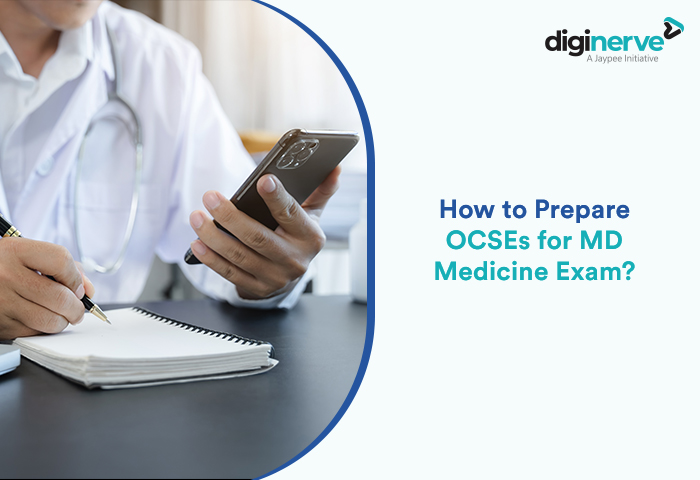Tips to Ace Surgery in MBBS

When you are in medical college, your days are challenging, to say the least. Medical students have a lot on their plate. From morning classes to making notes, group studies, memorizing hundreds of medical terms, preparing for exams, and trying to stick to a study schedule, medical students are constantly doing something. Now, add surgery to this list, and you have a whole new domain where students tend to struggle. For third-year medical students, surgery means constantly learning new and watching one surgery after another, and trying to understand every little detail of the processes being followed. During this period, students often find themselves overwhelmed with a packed routine with barely any time to study. So, how do students prepare for surgery exams amidst these challenging ward rotations? And more importantly, how do students get better at surgery? Read on to learn about some critical MBBS surgery tips that undergrads can use to excel in the field. Brace yourself for a r




